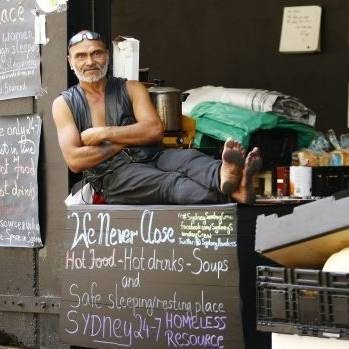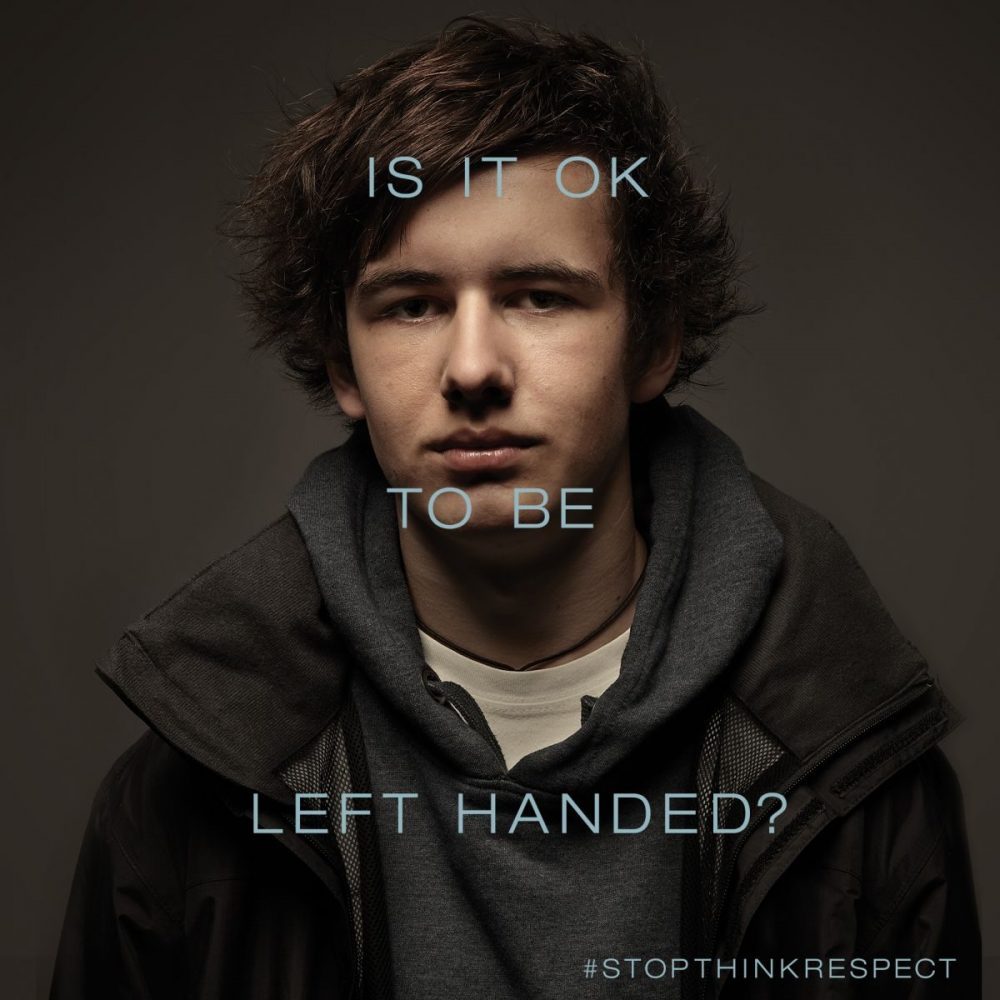
Melbourne City Mission has provided services for some of Victoria’s most vulnerable youth at Frontyard for over 30 years.
It is a leader and innovator in developing new pathways out of disadvantage, working with young people by putting them in control of their future.
Located in the heart of Melbourne’s CBD, Frontyard Youth Services contains two floors of crisis accommodation and connected services and is designed to address the immediate and long-term needs of young people experiencing or at risk of becoming homeless, 24-hours a day, seven days a week.
Frontyard specialises in helping young people with diverse, complex needs and has offered vital support to many members of the LGBTQ community from both Victoria and other parts of the country.
Wayne Merritt, General Manager at Melbourne City Mission answers our questions:
What reasons might lead to homelessness in LGBTQ youth?
If a person’s identity or lifestyle choices are at odds with their cultural or family norms, this can lead to an LGBTQ young person falling into homelessness. From running away from home due to stigma or family conflict, rejection and not being allowed to live at home or feeling the pressure to move out before they have a stable and safe living environment.
This can then lead to vulnerable individuals couch surfing, sleeping outside or in rooming houses, which can then expose them to further risk and prejudice.
How might LGBTQ individuals experience different issues during their homeless cycle?
From two different two-week snapshot data collections taken in 2019, we found that 1/3 of young people accessing our service at that time identified as attracted to the same sex, trans or gender diverse. The homelessness cycle is difficult to navigate with multiple barriers involved. Mental health is a clear barrier to young people being able to engage with homelessness support services to help them exit homelessness.
Why is long-term support so important in youth homelessness?
Often the lack of structure and stability in the homelessness cycle can have detrimental effects on young people. The aim of Frontyard Youth Services is to break the cycle of youth homelessness, and this can only happen if a young person receives support that addresses both their immediate and long-term needs.
This support may include case management, with a dedicated caseworker to create a personalised plan, through to crisis accommodation, therapy, legal services, mental health, drug and alcohol services and portable support, which allows care teams to continue assessing a young person once they exit crisis accommodation.
We specialise in helping young people with diverse, complex needs, which other support services are unable to help, find a pathway out of homelessness and become independent, confident and optimistic about their future.
What should you do if you see a young homeless person? Are there recommended methods of contact?
More than 6,000 young people experience homelessness in Victoria every night often through no fault of their own, and without the appropriate support are at risk of experiencing long-term homelessness and poverty. The Frontyard team runs assertive outreach which engages young people on the streets of Melbourne’s CBD, but this is proving difficult in light of COVID-19 restrictions.
As more people work from home and are self-isolated, overall awareness of vulnerable young people will reduce. Our services and support can’t reduce, especially during this time as we know there’s such a high number of young people who don’t have a home, can’t keep themselves safe by self-isolating or stockpile food supplies.
Each state has homelessness contact points that work directly with people experiencing homelessness, so it’s good to find out your local point and make a note of the contact details or location.
What can people do to help tackle youth homelessness right now?
We predict there will be a steep increase in young people facing homelessness across Australia, following the COVID-19 pandemic. Some very real issues impacting young people; including increased family violence, and mental health issues like anxiety and depression.
With households being encouraged to stay home to prevent the further spread of the virus, we are expecting a further strain on families which will lead to young people leaving home for their safety, mental health and own wellbeing.
We have moved most of our services online, but many young people lack the technology or data to be able to take advantage of this. Our COVID-19 crisis appeal is there to offer immediate support to young people who are facing homelessness amidst COVID-19 along with assistance when the pandemic comes to an end.
You can make a donation to Melbourne City Mission now by visiting: www.mcm.org.au/donate-now


